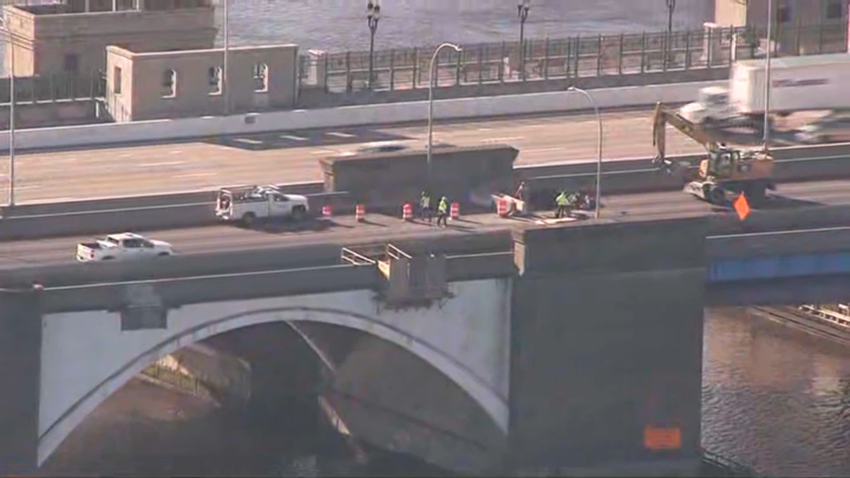

The Latest
-

The 30+ absolute best deals to shop
Promoted By NBC Select Deals -

Celtics-Spurs recap: Tatum scores 29, C's extend win streak to eight
The Celtics won their eighth straight game with a great performance vs. the Spurs. Check out our live blog for a full recap.
-

Federal judge blocks government from deporting Tufts student. Here's what's next
A federal judge in Massachusetts has blocked the government from deporting Rumeysa Ozturk, the Tufts University student from Turkey whose arrest by ICE earlier this week continues to draw pushback from a growing number of elected officials. The judge says the court needs to be able to consider a petition that has been filed by Ozturk, and the feder... -

Falling temps, ice accumulation possible in parts of Mass. through Sunday
While it’s not washed out every minute of the weekend, it’s certainly not a stellar forecast. Showers will pester us through mid-morning Saturday, with mist, fog, and drizzle taking up in the afternoon. There will be pauses in the rain from time to time, but the bigger story will the falling temperatures and the possibility of ice in Greater...... -

2 firefighters hurt battling blaze in Brookline
A fire on Craig Place in Brookline, Massachusetts, left two firefighters with non-life-threatening injuries, authorities said
-

Can Diggs help Drake Maye make the Josh Allen leap with Patriots?
Stefon Diggs’ comparison of Drake Maye to Josh Allen carries a bit more weight considering his impressive history with the Bills quarterback.
-

Set your alarm clocks for the partial solar eclipse Saturday morning!
Set your alarm clocks on Saturday morning! A few folks could get lucky enough to catch a glimpse of a partial solar eclipse, but Mother Nature might not cooperate. A solar eclipse occurs when the moon passes between Earth and the sun. Unlike some solar eclipses, where the moon blocks the entire disk of the sun, this go-round Saturday, the…... -

How Stefon Diggs plans to channel his competitive fire in New England
Stefon Diggs plays with an edge that has caused issues in the past. But the star wideout is taking a new approach to New England, writes Phil Perry.
-

Inside Pritchard's rise with Celtics and the trade that never happened
Payton Pritchard has come a long way from wanting out of Boston. Chris Forsberg details the Celtics guard’s fascinating journey from DNP to Sixth Man favorite.
-

Two seasons in one day? 70s for some Saturday, snow for others
Buckle up! We’re in for a quite a roller coaster ride with our temperatures this weekend here in New England. And to add insult to injury, Mother Nature will deliver a wintry mix for some, too. A frontal system will stall across Massachusetts on Saturday, giving way to two different seasons in just one day! Get this! High temperatures will lik... -

Perry: Why Diggs' addition shouldn't rule out Pats drafting Hunter
Does the Patriots signing Stefon Diggs make it less likely they’ll draft Travis Hunter at No. 4 overall? Phil Perry doesn’t believe so.
-

Render Coffee in Boston's South End is closing
[This story first appeared on Boston Restaurant Talk.] The original location of what had once been a small group of coffee bars is shutting down, leaving only one remaining. According to a poster within the South End Community Board Facebook group page, Render Coffee on Columbus Avenue is planning to close on April 5, with another poster showing a ... -

Inspector general says Mass. pot regulators failed to collect $1.75M in fees
Inspector general says pot regulators failed to collect $1.75M in fees
-

Three workers killed in crash on I-91 in West Springfield
Authorities say three workers replacing a damaged guardrail on Interstate 91 in West Springfield, Massachusetts, were killed in a crash early Friday morning. According to WWLP, the ramp for Exit 10A on I-91 north in West Springfield was closed Friday morning as a result of the crash. The right lane and breakdown lane was also closed for a time but&...









